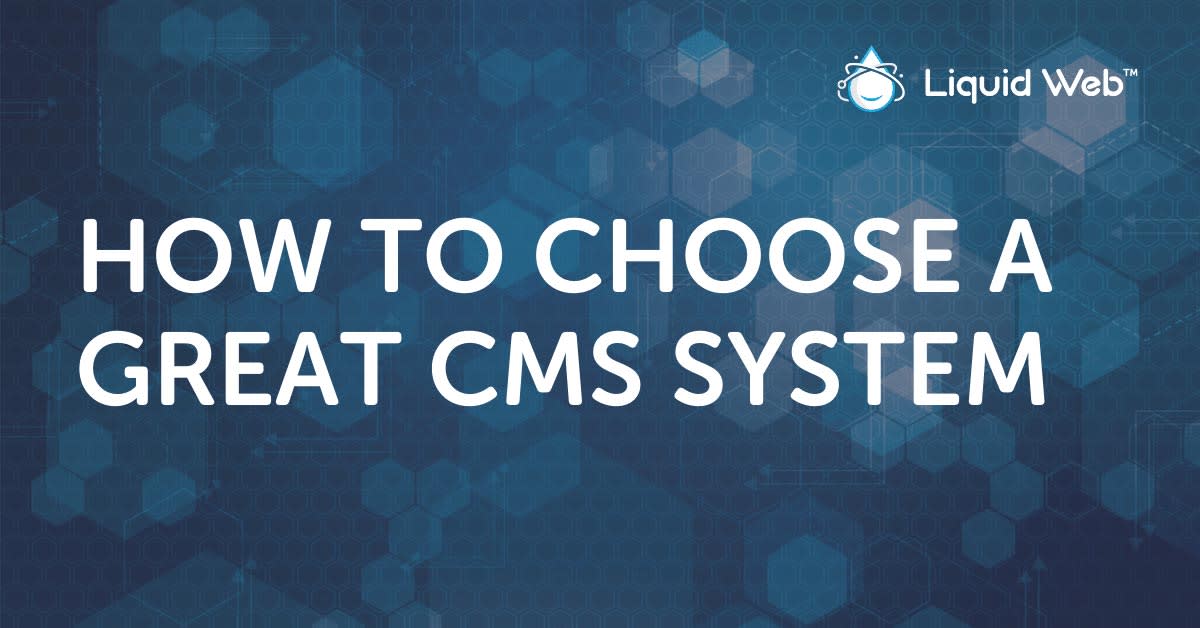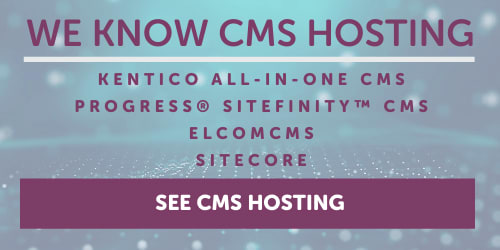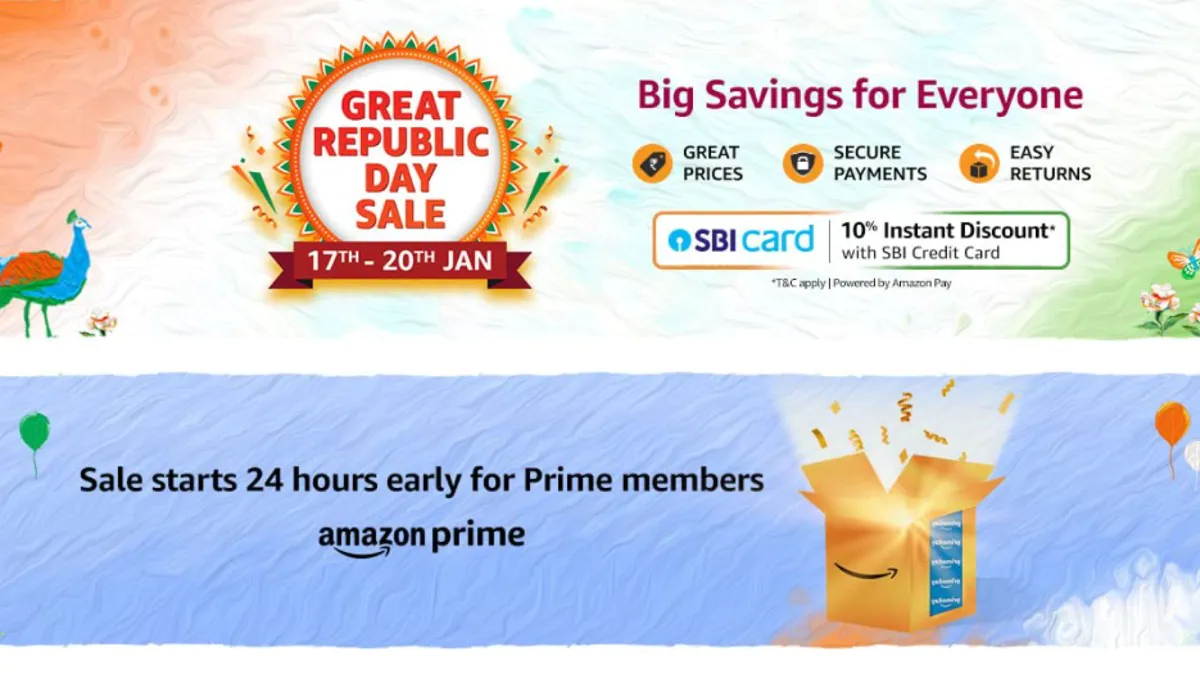
Gone are the days when you could just host a few manually updated HTML files online and call it a website. Today, maintaining any web presence without a CMS system, even for a small business, is practically impossible.
A CMS (or a content management system) provides users with an easy-to-use interface to add, edit, or remove any information on a website and doesn’t require any programming skills.
Essentially, having a CMS installed democratizes access to all of your web content.
Choosing the right CMS is not something you should take lightly. While there’s no system that’s perfect for all use cases, there are plenty of choices, and making the wrong one could give you and your IT department headaches for years to come.
The first step to picking the right CMS is being clear about how you’re intending to use it.
What Does A CMS Help You Achieve?
While the purpose of all CMS systems is to help you manage content on your website, there are many specializations within them, and each one features a toolkit that’s suited for certain tasks.
- If you run an eCommerce business, you might consider an eCommerce-specific CMS like Magento or the WooCommerce plugin.
- For a website that is primarily a blog, something like WordPress would do well.
- If you need to manage a complete learning environment, you could take a look at Kentico or Progress Sitefinity.
Another important question is whether you prefer to run your CMS solution on dedicated hosting vs cloud hosting (hosted on your servers vs. hosted by your web hosting company), or even as a SaaS product (hosted by the CMS provider).
Once you know the precise use case for your CMS and where you want it to be hosted, consider these five aspects to choose the perfect CMS solution for your needs.

Five Considerations For How to Choose a CMS System
1. Ease-of-Use
Probably the most frequent oversight when it comes to picking a CMS system is not considering its end users — your employees. First, make sure that all the tasks they need to do can be done with your CMS of choice and then think about how easy it would be.
You want your CMS to be intuitive to avoid investing thousands of dollars in training or continuously involve your IT department to help with mundane tasks.
At the very least, having non-destructive (reversible) edits and a drag-and-drop editor would make the new system easier to adopt.
2. Support for Integrations
If you’re thinking of getting an off-the-shelf CMS, it’s likely that it won’t fit all of your needs perfectly, which means it needs to have an API that supports other programs you’re already using or include a possibility of building your own.
If your needs will require customization, also consider whether your developers know the programming language the CMS is written in.
At the same time, find out whether the CMS is better suited to any given operating system, such as Windows (Umbraco, DDN) or Linux (Drupal).
3. Actively Developed
Even if you think it’s a great fit, avoid signing up for CMS systems that are not actively developed and don’t receive regular security patches and new features.
4. Scalability
Choosing a CMS that would be a great fit for your organization is not only about features but also scalability. Some systems are quick and lightweight and work really well with small websites. Others are much more complex but are able to support thousands of web pages and even generate new web sections on the fly.
Make sure the CMS you pick was made with your scale in mind, which would make achieving your goals much easier.
5. Pricing
Once you’ve decided to invest and lock your company in a certain CMS, going back on that decision would be a very difficult and time-consuming process. It’s essential to think through how much your new CMS is going to cost initially along with ongoing maintenance and training costs.
Some CMS systems are completely free and open-source, while others require one-time payments (e.g. Craft CMS). Keep in mind more work using monthly or yearly plans will get more expensive with increased usage and bandwidth.
The key here is to compare what you get for your money: how much would it cost you to maintain an open-source solution vs. how much would you pay to use a hosted one in the coming years. Naturally, the benefits you get should offset any costs you would incur by a large margin.
Choose Your CMS System Wisely
Not sure which CMS is right for your company or how to properly integrate it into your organization? Simply contact us, and our technical experts will guide you through the all best options on the market that would suit your needs right now as well as years into the future.
Outgrown Your Current Host? Liquid Web Knows CMS Hosting
[ad_2]
Source link







